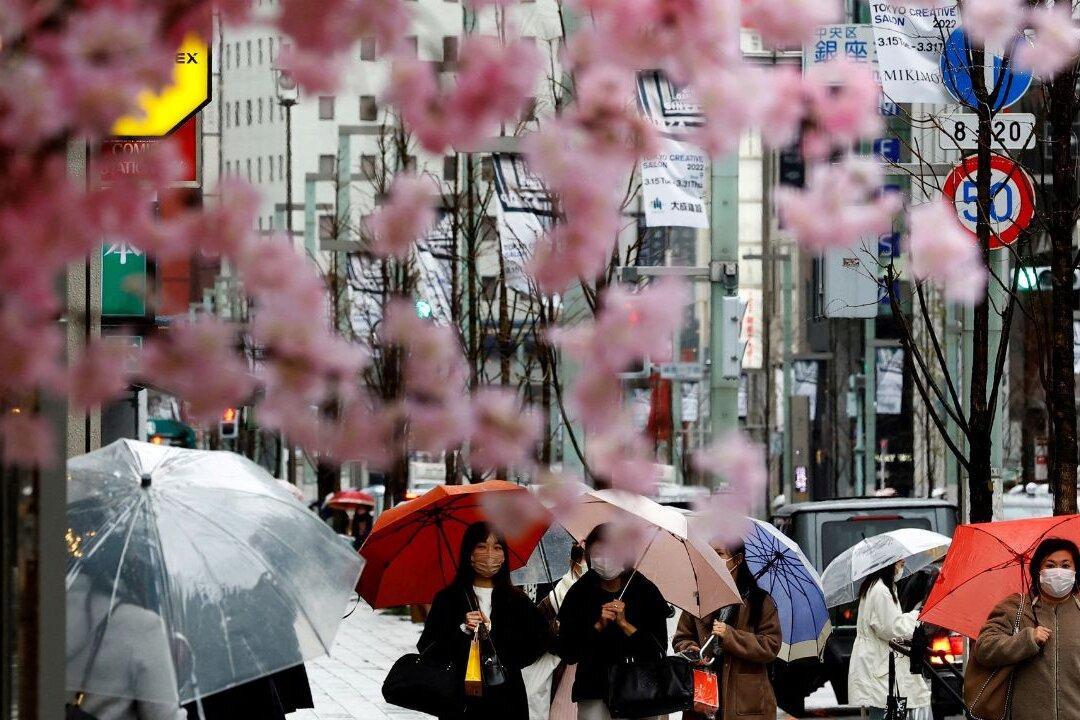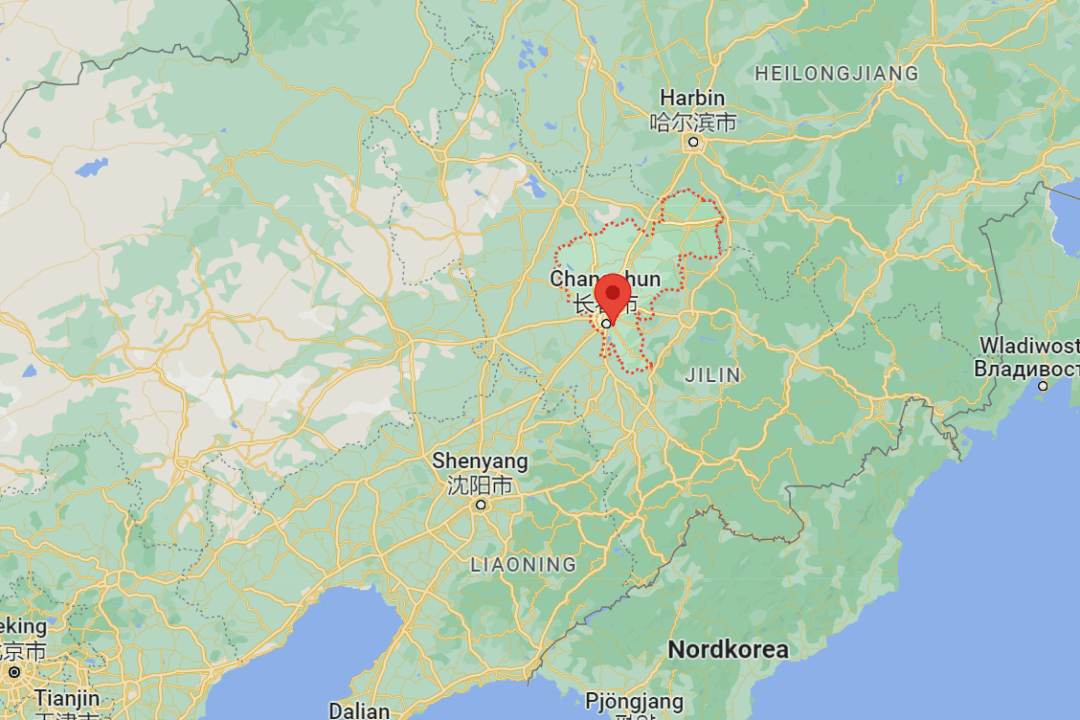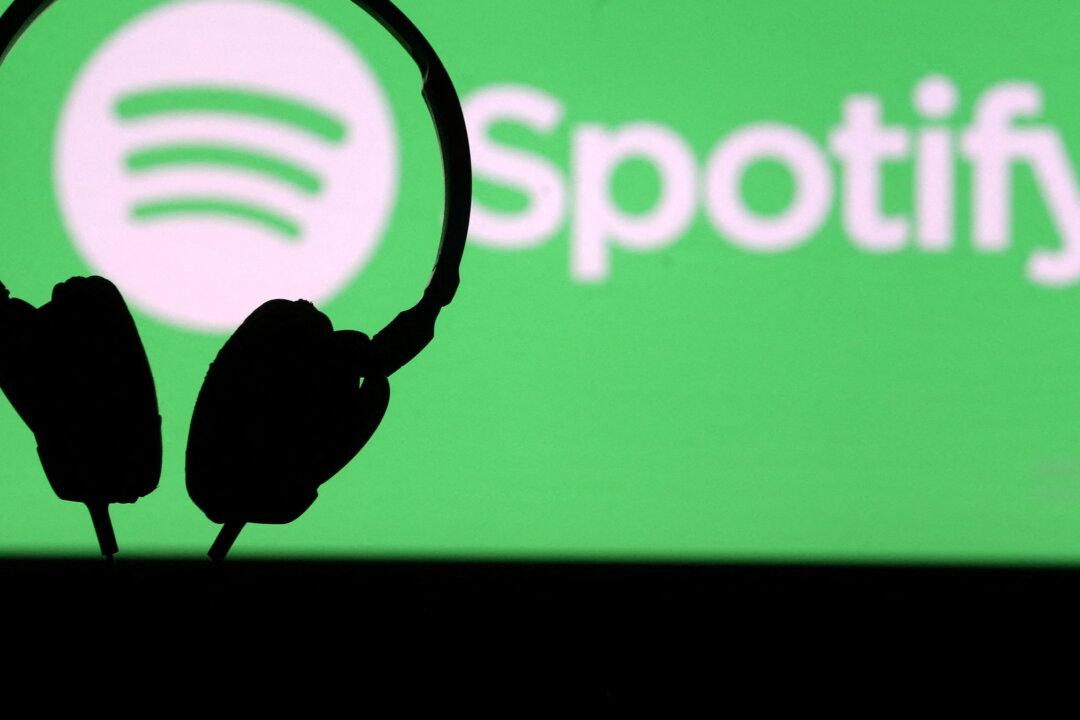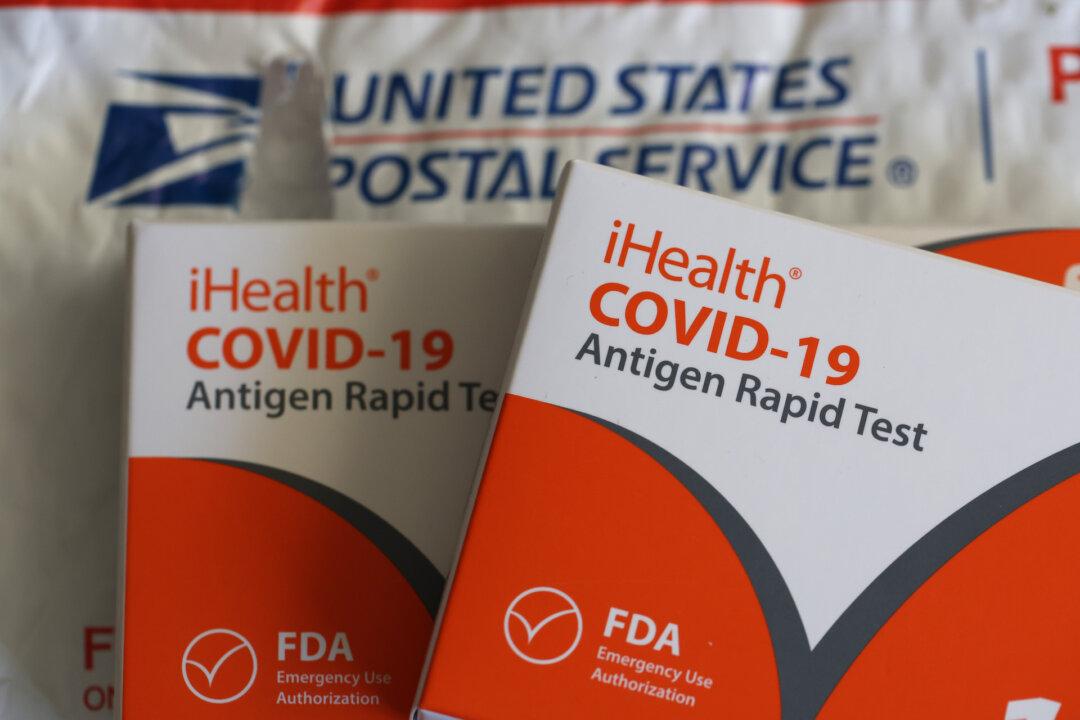Russia is facing criticism by the international medical community because of concern that the first country in the world to approve a COVID-19 vaccine has yet to test the newly minted vaccine in large-scale medical trials.
The “Sputnik V” vaccine was developed by the Gamaleya National Center of Epidemiology and Microbiology in coordination with the Russian defense ministry.




